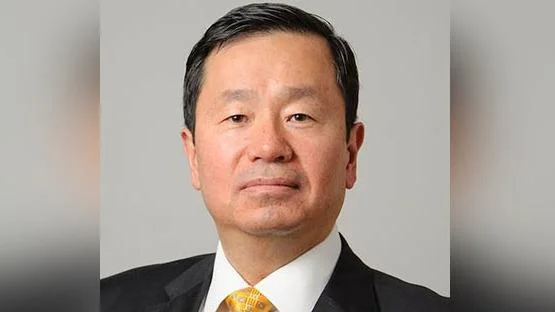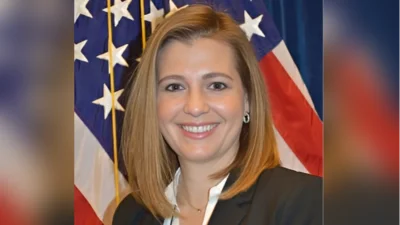Mun Y. Choi, PhD, President | University of Missouri
Mun Y. Choi, PhD, President | University of Missouri
Engineers are looking to introduce air taxis as a public transportation option in metropolitan areas over the next decade. However, logistical challenges must be addressed before these vehicles can operate. Key questions include how many air taxis will be needed, where they should take off and land, and how they will recharge.
Suchi Rajendran, a researcher at the University of Missouri, is addressing these issues using prescriptive analytics, a form of artificial intelligence (AI) that suggests actions based on predictions. Rajendran's team has analyzed data from New York’s Taxi and Limousine Commission to predict potential demand for air taxis using predictive analytics.
Rajendran explained, “When it comes to prescriptive AI, we look at the predictions and think about what we do with that information.” By adjusting factors like taxi availability and operation locations, her team aims to optimize system efficiency by keeping air taxis busy while minimizing customer wait times.
Rajendran emphasized that preparation for air taxi operations will require significant time: “It will take as much time to prepare for air taxi operations as it is taking to design and build them.”
Prescriptive analytics also aids in planning for other disruptive technologies. Rajendran noted that anticipating technological impacts allows for solutions before such technologies become widespread: “This is a case of AI helping us prepare for AI.”
Beyond transportation, prescriptive analytics is applied across various sectors including manufacturing, health care, and animal welfare. In the realm of electric vehicles (EVs), Rajendran uses this technology to identify optimal locations for EV charging stations along highways.
“With predictions based on historical data,” she said, “we can use prescriptive analytics to make some recommendations to improve the convenience and reliability of electric vehicles.”
Non-transportation applications include optimizing blood donation distribution during peak demand periods and matching pets with adopters based on geographic preferences.
Rajendran is also preparing students through a National Science Foundation-funded Research Experiences for Undergraduates program. This initiative brings 10 students each summer to work on real-world challenges across different sectors.






 Alerts Sign-up
Alerts Sign-up